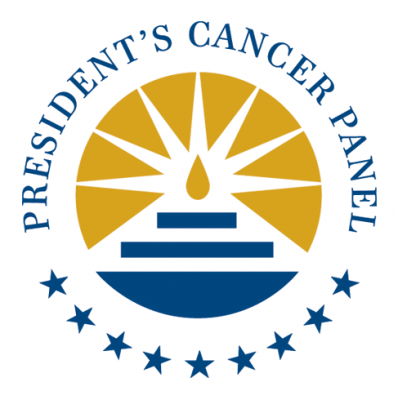Federal panel calls for urgent collaborative action to align cancer drug prices with value
March 13, 2018
Urgent action must be taken to address the dramatic rise of cancer drug prices and to better align prices with value, according to a report released on March 13 by the President’s Cancer Panel. The Panel is chaired by Barbara K. Rimer, DrPH, dean and Alumni Distinguished Professor at the University of North Carolina at Chapel Hill’s Gillings School of Global Public Health.
 The Panel’s report, Promoting Value, Affordability, and Innovation in Cancer Drug Treatment, finds that while some cancer drugs have indeed been transformative and may warrant prices that reflect their value, many new drugs do not provide benefits commensurate with their prices. The Panel concludes that stakeholders across the cancer enterprise—including drug developers and manufacturers, policy makers, government and private payers, healthcare institutions and systems, providers, and patients themselves—must work together to maximize the value and affordability of cancer drug treatment and to support investments in science and research that drive future innovations.
The Panel’s report, Promoting Value, Affordability, and Innovation in Cancer Drug Treatment, finds that while some cancer drugs have indeed been transformative and may warrant prices that reflect their value, many new drugs do not provide benefits commensurate with their prices. The Panel concludes that stakeholders across the cancer enterprise—including drug developers and manufacturers, policy makers, government and private payers, healthcare institutions and systems, providers, and patients themselves—must work together to maximize the value and affordability of cancer drug treatment and to support investments in science and research that drive future innovations.
“Cancer patients should not have to choose between paying for their medications or paying their mortgages. For so many, it is truly a matter of life and death,” said Rimer. “This is a national imperative that will not be solved by any one sector working alone.”
The report acknowledges that many factors influence a drug’s “value,” and that the relative importance of these factors depends on stakeholders’ perspectives. The Panel concludes that, when it comes to defining the value of cancer drugs, patients’ benefit must be the central focus. When patients’ finances are strained, they are less likely to follow treatment regimens, potentially worsening health outcomes the drugs are intended to improve. The term “financial toxicity” describes the negative impact of cancer care costs on patients’ well-being. Like medical toxicities caused by cancer treatment, financial toxicity can impose a significant burden on cancer patients.
The Panel’s report concludes that rapidly rising spending on cancer drugs is unprecedented and cannot be ignored, and that public-private collaboration is critical to ensure that patients receive high-quality cancer treatment and experience the best possible health outcomes without financial toxicity.
The Panel sought input from stakeholders in multiple sectors who participated in a series of working groups that informed the development of the report and the Panel’s recommendations. The Panel calls for action around three guiding principles: Cancer drug prices should be aligned with their value to patients. All patients should have affordable access to appropriate cancer drugs. Investments in science are essential to drive future innovation.
The Panel also identified six critical action items:
- Promote value-based pricing and use of cancer drugs.
- Enable meaningful communication about treatment options, including cost information, to support patients’ decision making.
- Minimize the contributions of drug costs to financial toxicity for cancer patients and their families.
- Stimulate and maintain competition in the generic and biosimilar cancer drug markets.
- Ensure that the U.S. Food and Drug Administration (FDA) has appropriate resources to assess cancer drug safety and efficacy efficiently.
- Invest in biomedical research to create a strong foundation for developing innovative, high-value cancer drugs.
The President’s Cancer Panel consists of three members appointed by the President of the United States. Current members, appointed by former President Obama, include Rimer and Hill Harper, JD, cancer survivor, four-time New York Times best-selling author, actor and philanthropist. Owen N. Witte, MD, University Professor of microbiology, immunology and molecular genetics and director of the Eli and Edythe Broad Center of Regenerative Medicine and Stem Cell Research at the University of California at Los Angeles, also contributed to the development and review of this report. Witte’s term on the Panel concluded in August 2017.
More information about the Panel’s role and background on its members can be found here.
Share
Gillings School of Global Public Health contact: David Pesci, director of communications, (919) 962-2600 or dpesci@unc.edu
